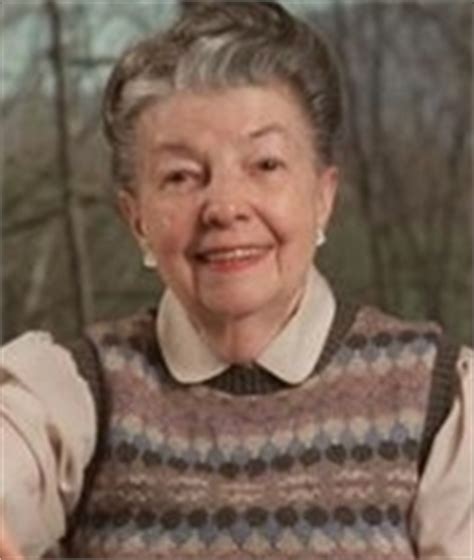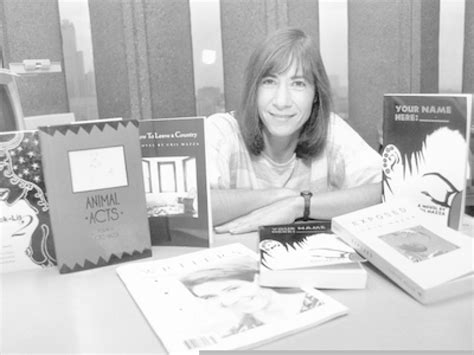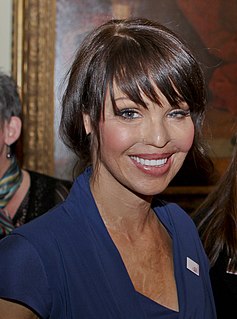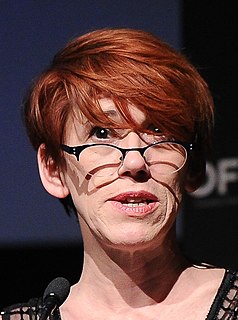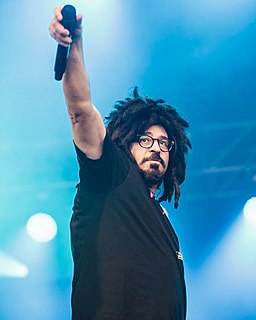A Quote by Kate Christensen
I had to detach myself from myself, if that makes any sense, to conjure an authentic first-person voice. In that sense, it was similar to writing a first-person novel. But I was writing about real people, not fictional ones - myself, my family, my friends and boyfriends and ex-husband, and that was extremely tricky.
Related Quotes
What stops me from taking myself seriously, even though I am essentially a serious person, is that I find myself extremely ridiculous, not in the sense of the small-scale ridiculousness of slap-stick comedy, but rather in the sense of ridiculousness that seems intrinsic to human life and that manifests itself in the simplest actions and the most extraordinary gestures.
There was about a two-year period at the end of the '60s, when I realized I was in the wrong place and entertaining the wrong people with the wrong material and that I was not being true to myself. I went through a metamorphosis into something more authentic for me, a more authentic stage voice and writing voice.
I'd never imagined myself writing at all until I was almost 30. And horror films weren't to my taste, at least the super popular (slasher-y) ones of the day back then. The first novel I ever loved as a kid was Frankenstein, and I was always a crazy Hitchcock and Polanski fan... but I never saw myself - a square spazzy girl from the suburbs - writing anything that would horrify anyone. Or so I thought.
The first person who showed me that I could be a maker of music was one of my best friends. It's like, you can't see yourself doing something until you see somebody else doing it. Other people were encouraging me singing, but this was the first time that I could see myself writing songs and playing guitar.
Writing, for me, when I'm writing in the first-person, is like a form of acting. So as I'm writing, the character or self I'm writing about and my whole self - when I began the book - become entwined. It's soon hard to tell them apart. The voice I'm trying to explore directs my own perceptions and thoughts.

